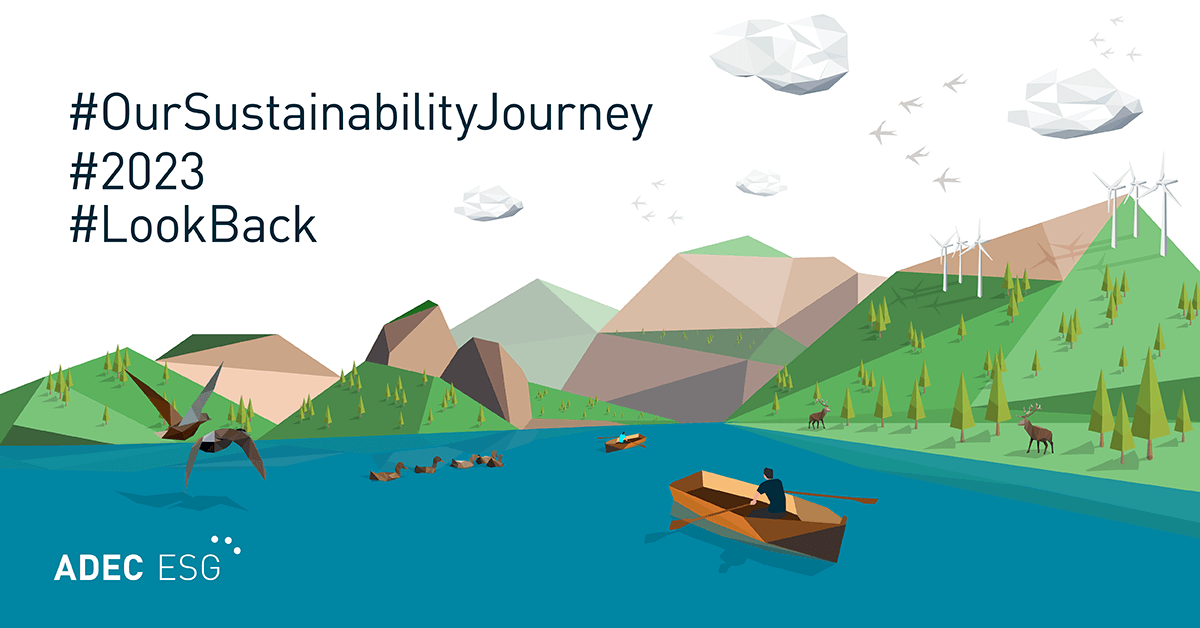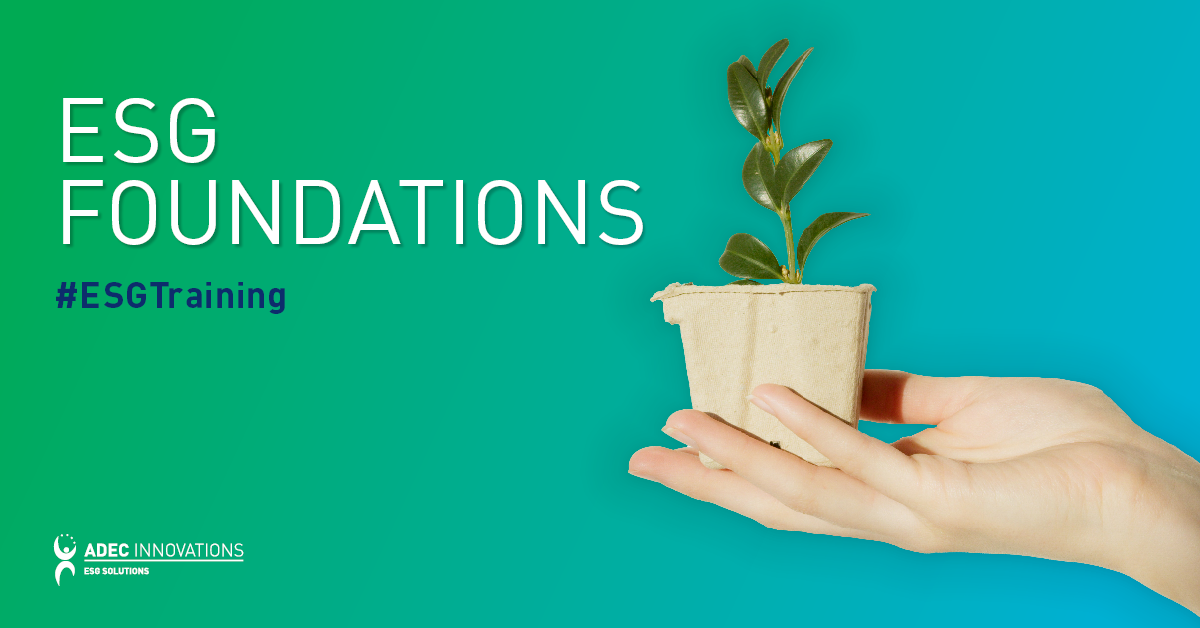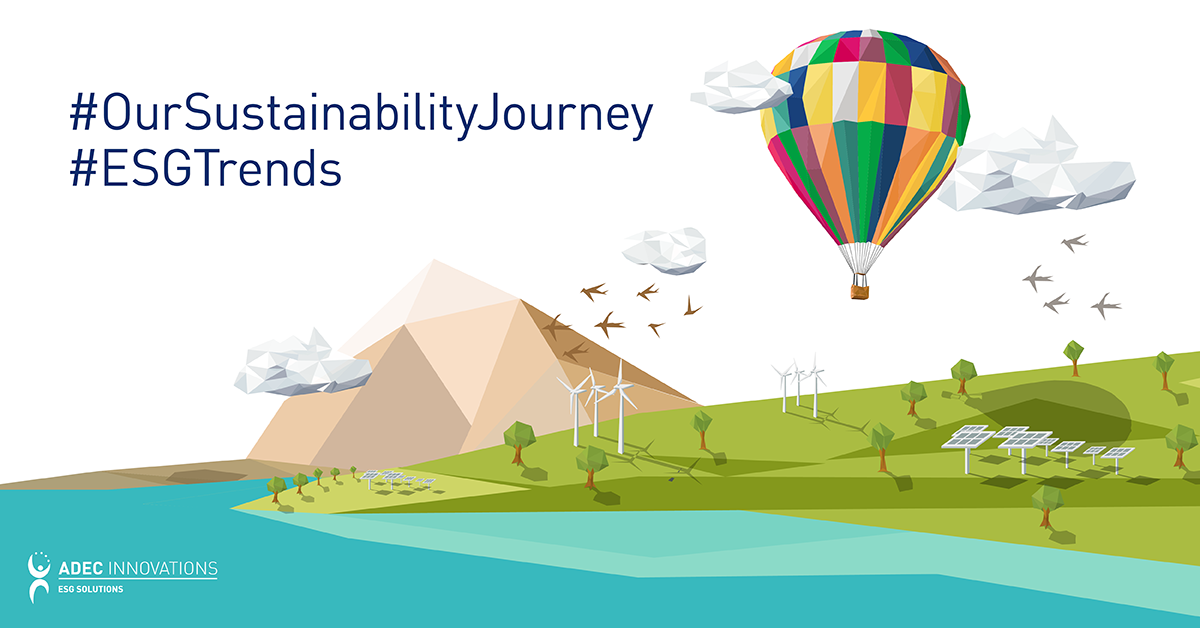The impacts of global climate change are felt in business and everyday life. They are evident in heavy rainfalls and thunderstorms, melting polar ice caps, increasing global temperatures, longer droughts, and rising sea-levels and flash floods. As reported by the United States Environmental Protection Agency, climate change is considered a major threat to mankind. Climate-related issues adversely affect our access to basic human needs such as food, shelter, water and health. Farmers are particularly affected, as drought or major flooding lead to a decrease in crop yields and livestock productivity. Climate change impacts must be addressed in order to secure our collective future.
The global population is susceptible to the consequences of the changing climate. According to NASA’s Global Climate Change website, the Earth’s temperature will continue to increase over time because of greenhouse gases (GHG) from human activities. The Intergovernmental Panel on Climate Change (IPCC), a group of scientists from around the world, reported that there will be an increase of 2.5 to 10 degrees Fahrenheit in the Earth’s temperature over the next century. Societies and global businesses will continue to suffer the consequences without proper climate change risk mitigation strategies.
Climate change mitigation is crucial for nations and global businesses. Environmental advocates and leaders continuously conduct dialogues and discussions such as the APEC Summit, Climate Week NYC, the United Nations Climate Change Conference and G-20 conferences in order to formulate resolutions that will help every country and business become more climate-resilient and sustainable.
Climate Change in the Business World
Businesses cannot afford economic losses and disruptions due to various climate change risks. Lack of proper risk management strategies leads to financial consequences. According to Guardian News, global organizations have increasingly been including climate change mitigation initiatives in their corporate agenda to prevent business disruptions, increase in maintenance costs and rise in insurance prices. Furthermore, investors, stakeholders and consumers are more interested in climate change issues and how effective an organization’s mitigation practices are.
The United Nations Environment Program shares some strategies that organizations can use in their climate change mitigation practices:
1. Integrate climate change adaptation measures into development planning and management practices
Companies can adapt this strategy in their business practices through the promotion of sustainable land use management and GHG emissions reduction. Organizations can also support local and national governments with their programs against deforestation and land degradation so that they may combat the effects of climate change.
2. Use sustainable materials to lower carbon footprint
By supporting the use of low-carbon materials and facilities, organizations contribute to the reduction of carbon emissions, lowering their carbon footprint. Shaping a low-carbon future can be done by shifting to new technologies that promote the use of renewable energy resources and systems.
3. Raise climate change awareness and strengthen climate change advocacy
Conducting climate change awareness campaigns in partnership with governments and non-governmental organizations (NGOs) is an effective way to educate and inform investors, stakeholders and the public on the global impacts of the changing climate, resulting in better-informed decisions on the part of policymakers and business leaders.
FCS Climate Change Management Solutions
FirstCarbon Solutions (FCS) helps organizations understand and better manage risks in their business and to the environment with sustainable risk management and climate change solutions. FCS designs and delivers solutions to help organizations with their regulatory compliance efforts, environmental impact assessments and mitigation programs. To learn more about how FCS can help your organization with climate change mitigation, read the FCS newsletter.





